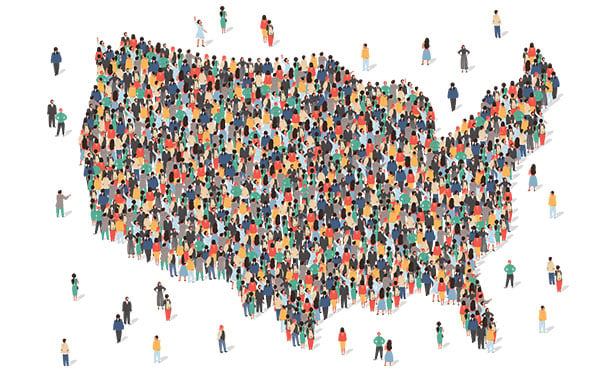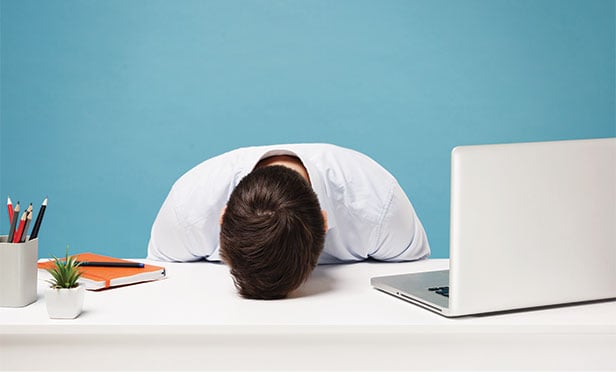Nearly 70 percent of employers say they made bad hires this year, which hurt them, according to a new survey by CareerBuilder.
An additional 41 percent of respondents say a bad hire has cost them at least $25,000 while 24 percent of respondents say a bad hire cost them more than $50,000.
"Whether it's a negative attitude, lack of follow through or other concern, the impact of a bad hire is significant," says Rosemary Haefner, vice president of human resources at CareerBuilder. "Not only can it create productivity and morale issues, it can also affect the bottom line."
Recommended For You
Among the negative effects of a bad hire are less productivity at 39 percent, lost time to train another worker at 35 percent, poor employee morale at 33 percent, bad impact on clients at 19 percent, fewer sales at 11 percent and legal issues at 9 percent.
Respondents say the characteristics of a bad hire are not producing the proper quality of work at 67 percent, not working well with other employees at 60 percent, having a negative attitude at 59 percent, having immediate attendance problems at 54 percent, customers complaining about the employee at 44 percent and failing to meet deadlines at 44 percent.
The survey also finds that respondents most commonly make a bad hire because they need to fill the position quickly at 43 percent. Other common reasons companies make bad hires are insufficient talent intelligence at 22 percent, sourcing techniques need to be adjusted per open position at 13 percent, fewer recruiters at 10 percent, not checking references at 9 percent and lacking a strong employment brand at 8 percent. Another 26 percent of respondent say they aren't sure why they made a bad hire, and it can sometimes simply be a mistake.
© 2025 ALM Global, LLC, All Rights Reserved. Request academic re-use from www.copyright.com. All other uses, submit a request to [email protected]. For more information visit Asset & Logo Licensing.







